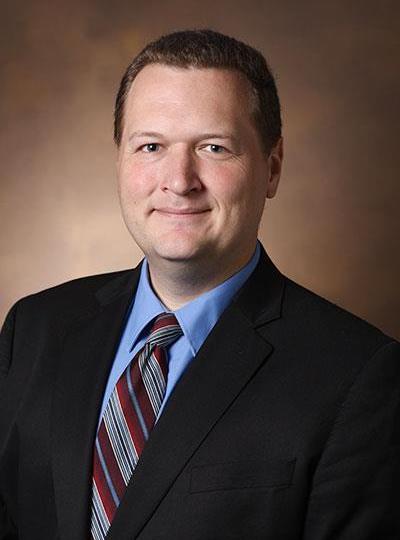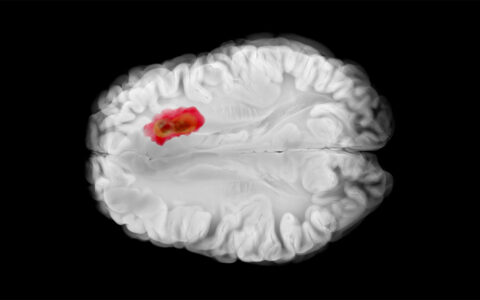With over 16,000 structured genomic reports available in Epic, Vanderbilt University Medical Center is leading the pack among academic medical centers through its capabilities for precision oncology and clinical trial matching using digital health records.
This accomplishment came about through Vanderbilt’s decision to store structured data from external vendors in the EHR instead of the more commonly used limited-format PDFs. Travis Osterman, D.O., director of clinical cancer informatics at Vanderbilt-Ingram Cancer Center, was among those leading this effort.
Osterman said the next goal is to use the minimal Common Oncology Data Elements (mCODE) initiative – an internationally recognized standard for describing patients with cancer – in order to more seamlessly share this data with other institutions, historically a cumbersome process that has hindered genomics research within the cancer space.
“We see that as the next big phase – academic medical centers that now have structured genomic data using mCODE to pool data across centers.”
Osterman was recently appointed chair of the executive committee for the mCODE initiative, having previously served as chair of the mCODE Technology Review Group.
“We see that as the next big phase – academic medical centers that now have structured genomic data using mCODE to pool data across centers,” Osterman said.
A Common Language for Oncology Data
Serving as an open-source universal language, mCODE is bridging long-standing incompatibility between data infrastructures, including Epic, Oracle Cerner, and Allscripts. While an entire domain within mCODE is dedicated to genomics, the standards extend to patient history and outcomes data. Osterman describes the initiative as an interoperable “abstraction layer” on top of the EHR.
“Each institution, they map to mCODE each data element, and then you can query mCODE the same, no matter whether you’re on Epic at Vanderbilt or on Cerner or Allscripts at another institution,” he said.
The initiative, which has over 55 implementations across multiple countries, was launched in 2018 following a work group convened by the American Society of Clinical Oncology. While adoption of mCODE continues to grow, simply having genomic results integrated into the EHR is a significant boon to both providers and patients, Osterman says.
Genomic Results in the EHR
When Vanderbilt began receiving structured genomic data directly into the EHR in July 2021, it was just the seventh organization to do so in the United States, Osterman said. The increase in continuity means that ordering providers no longer need to access vendor portals; orders can simply be submitted in Epic like a routine lab request and, once the sample has been processed, an alert and the results appear in Epic.
This is “huge” from a patient safety standpoint, Osterman stressed. Next-generation sequencing orders typically take 10 business days to process, with results arriving in various formats that can be easily missed, including as faxes and emails.
Integration with the EHR also means that patients can readily access their data, a welcome convenience if they aim to seek a second opinion or share the results with their primary oncologist at a community practice.
Advancing Precision Oncology
With structured genomic data organized and searchable within the EHR, the largest and most immediate benefit may be to patients who qualify for targeted therapies. For example, when a first-in-class drug receives FDA-approval, Osterman and colleagues can now query the EHR, identify every patient who could benefit, and notify those patients and their respective providers all within the span of just a few hours.
The process can also be repeated when new trials are announced.
“When new drugs are approved or trials are opened, we can work the same day to make sure each oncologist knows every patient that may benefit from these new treatments. Historically, this has been really difficult.”
“When new drugs are approved or trials are opened, we can work the same day to make sure each oncologist knows every patient that may benefit.”
Foreshadowing these opportunities, Osterman and colleagues meticulously saved over a decade’s worth of genetic testing results and, with help from Vanderbilt HealthIT, backloaded the data into the EHR.
“Every time we worked with one of these vendors over the last decade, even though they were sending us the PDFs, we always worked with them to get any structured data we could,” Osterman said.
Improved Trial Matching
Now that these systems are in place, Osterman and colleagues aim to use the EHR to share more comprehensive clinical trial recommendations with ordering providers than those provided by vendors. Osterman wants to ensure the list is as up to date as possible and includes trials available at Vanderbilt.
“We want to put the patients in front of the oncologist and make it easy on them to make the best treatment decision with the patient,” Osterman said.




